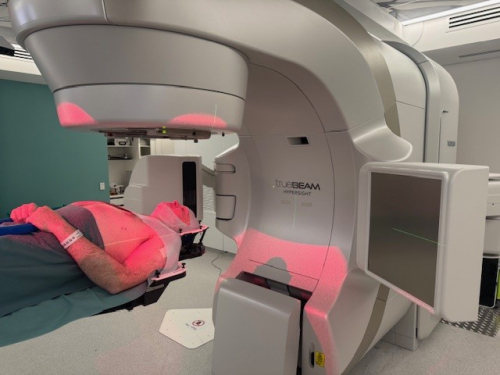Neurological effects of COVID-19 just as likely to impact young people

A study conducted at The Alfred has proved what researchers had already predicted – that the neurological effects of COVID-19 could remain present months after the virus has been shed.
Alfred Health Neurologist Dr Robb Wesselingh said the recent study with Monash University ‘Neurological Implications of COVID-19’ also proved that the neurological effects of the virus such as stroke, brain fog and persistent headaches are just as likely to impact young people as they are the elderly.
“Covid-19 was initially seen as a respiratory virus, but we started to see reports of people losing their sense of taste and smell, developing headaches and muscle aches, experiencing fatigue and in some cases inflammation of the brain and increased risk of stroke due to blood clots,” he said.
The most commonly reported neurological symptoms associated with the virus include fatigue, dyspnoea, myalgia, headache and nausea.
But more serious effects of the virus such as ischaemic stroke have also been detected.
Alarmingly, the study found that the estimated incidence of cerebrovascular disease in patients admitted to hospital with the is as high as 5%, with a greater prevalence of large vessel occlusion (blockage).
Dr Wesselingh said the research highlighted the importance of both patients and clinicians being aware of the varying neurological manifestations associated with COVID-19.
“If you’re experiencing severe persistent headaches, fatigue, trouble with memory, brain fog or even trouble putting words together, then it’s really important to seek medical treatment to get on top of it early.


